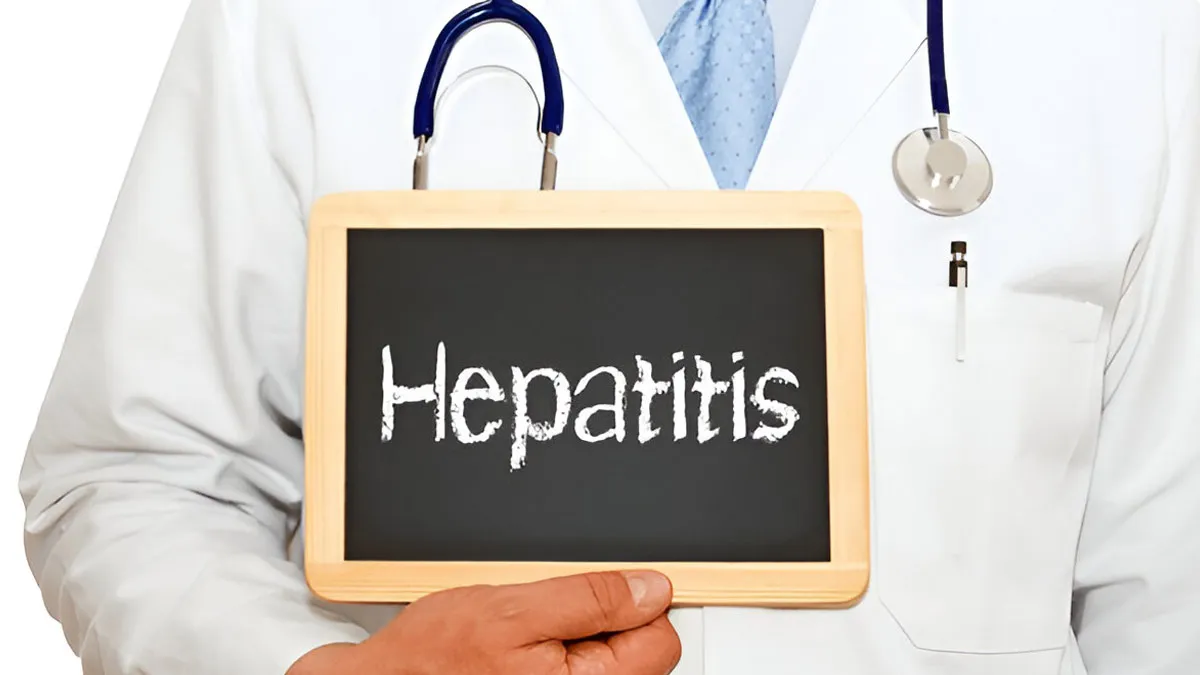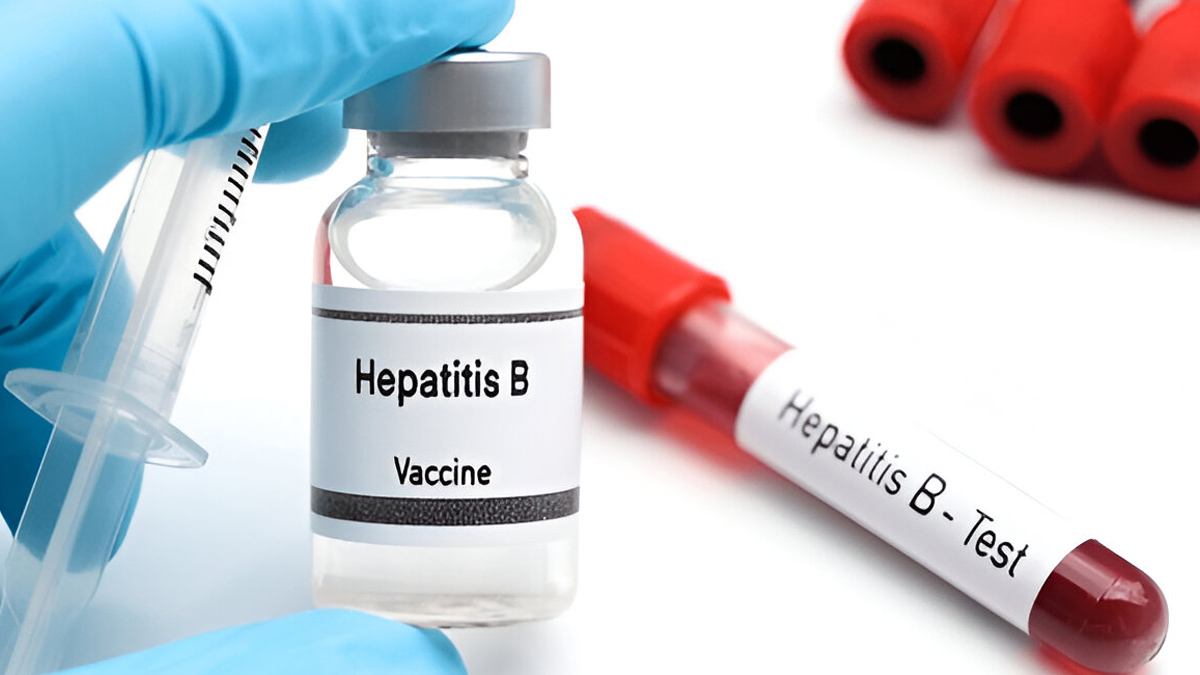
Most people don't realise they're carrying hepatitis B or C, a potentially life-altering virus, until their liver begins to fail. Hepatitis B and C often operate in the shadows of our healthcare system, quietly affecting millions of Indians. Unlike illnesses that cause obvious pain or fever, these infections can silently progress for years. By the time any symptoms appear, the damage is often already advanced.
Table of Content:-
Patients frequently arrive not for hepatitis, but for fatigue, abdominal swelling, or unexplained weight loss; signs that the liver has already endured years of silent attack. This delayed discovery isn't just tragic; it’s also avoidable.
On this World Hepatitis Day, which is observed on 28th July every year, we spoke to Dr Bhuvan Shetty, Consultant Medical Gastroenterologist and Hepatologist, Gleneagles BGS Hospital, Kengeri, Bengaluru, who explained the risks, prevention, and importance of early detection.
The Unseen Spread Of Hepatitis B and C

"Hepatitis B and C spread silently, often through things people don’t think twice about, like an unsterile injection, a dental visit, a shared razor, or even from mother to baby during birth. In India, where informal healthcare practices, limited awareness, and stigma still exist in many pockets, these viruses often go unchecked," said Dr Shetty.
What makes them particularly dangerous is how quietly they spread. A person may live for years without any signs of illness. There’s no pain, no fever, no rash. The virus quietly inflames and scars the liver in the background. And while the patient feels fine, liver cells are slowly being destroyed.
Under-Testing and Under-Recognition
Although medical testing has come a long way, these infections can often slip through the cracks. In many parts of India, especially beyond the metros, hepatitis B and C often go undetected because routine health checks don’t include them. For most families, the first time they hear about these viruses is when someone close falls seriously ill.
This testing shortfall arises from both a lack of knowledge and the fact that these symptoms do not appear until later on. But when screening is late, the diagnosis is usually made at the time when irreversible damage to the liver, like cirrhosis or even cancer, has already occurred.
“It is not uncommon for young adults in their 30s and 40s to be informed that their only treatment option is a liver transplant. In many such cases, they were never told they carried the virus. Had it been detected earlier, it could have been managed with medication and monitoring, preventing progression,” said Dr Shetty.
Also Read: Hepatitis And Cancer: Connecting The Dots Between Viral Infection And Liver Cancer
A Preventable Burden

Hepatitis B can be prevented with a vaccine, one that’s safe, effective, and widely available. However, adult vaccination remains low, and birth-dose vaccine coverage lags at around 63%, leaving gaps in early prevention, according to a 2025 study. "Many people assume they are not at risk or that hepatitis only affects certain groups. This perception needs to change. In reality, everyone, from a dentist in a private clinic to a young man visiting a barber, can be at risk if precautions aren't followed," advised Dr Shetty.
Hepatitis C, while not vaccine-preventable, is now curable with oral medications. These are not lifelong therapies; they are short courses that can fully clear the virus from the body. However, none of this is possible without a diagnosis.
Who Should Get Tested?
“Anyone who has had a blood transfusion before the year 2002, undergone dialysis, shared grooming equipment, or had unprotected sex with multiple partners should get screened. Pregnant women, too, must be routinely tested for hepatitis B to prevent mother-to-child transmission, a policy that needs more consistent implementation across both private and public healthcare,” shared Dr Shetty.
Healthcare providers must move beyond reactive care and adopt proactive screening. Routine health screenings should include targeted hepatitis testing for those at high risk. The aim is simple: catch it early, act fast, and prevent long-term complications.
Also Read: Hepatitis B Vaccine: Who Should Get It And When Is The Right Time?
Message From The Expert
Dr Shetty said, “Liver diseases do not receive the same amount of attention as cardiac ailments or cancers. But hepatitis B and C quietly contribute to India’s rising burden of liver failure and hepatocellular carcinoma. What makes this even more painful is that much of it is preventable.”
“These infections must be brought into public focus, not just on World Hepatitis Day, but every day. Community health campaigns, vaccination drives, and most importantly, honest conversations at the doctor’s office can make a real difference. Hepatitis testing should be normalised, just as it is for diabetes or cholesterol. A diagnosis doesn’t mean doom, it means a chance to take control,” he added.
Bottomline
Hepatitis B and C are not just medical conditions, they are public health issues that thrive in silence. They don’t knock loudly before entering. And by the time they do, they often come bearing consequences that could have been prevented with a simple blood test or a timely vaccine.
Doctors can guide and treat. But awareness must begin in homes, schools, workplaces, and everyday conversations. The earlier action is taken, the more lives can be saved, not just from liver disease, but from the weight of regret.
[Disclaimer: This article contains information provided by an expert and is for informational purposes only. Hence, we advise you to consult your professional if you are dealing with any health issue to avoid complications.]
Also watch this video
How we keep this article up to date:
We work with experts and keep a close eye on the latest in health and wellness. Whenever there is a new research or helpful information, we update our articles with accurate and useful advice.
Current Version